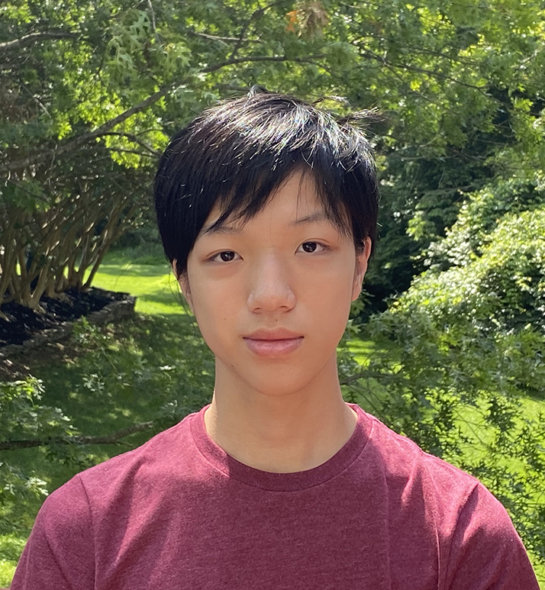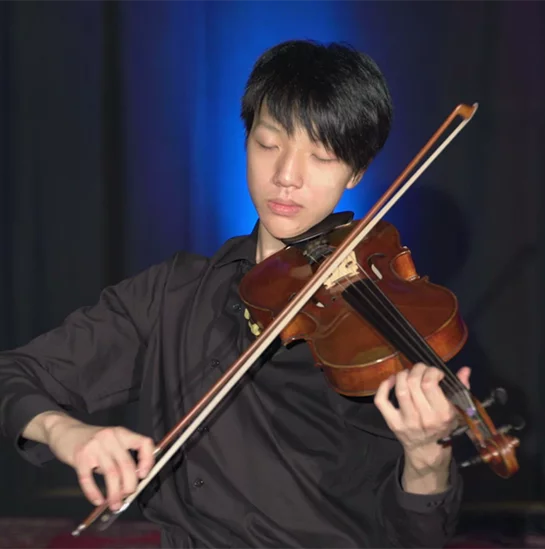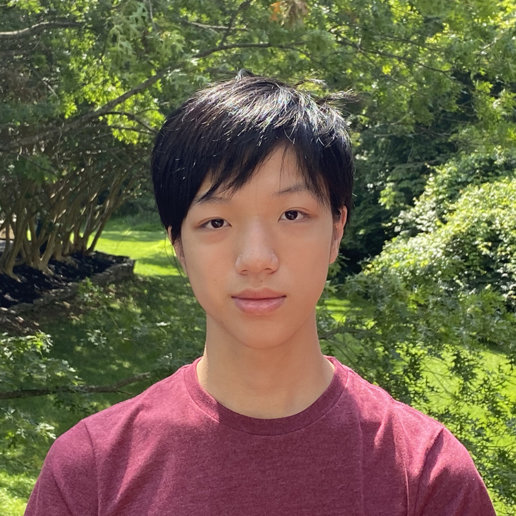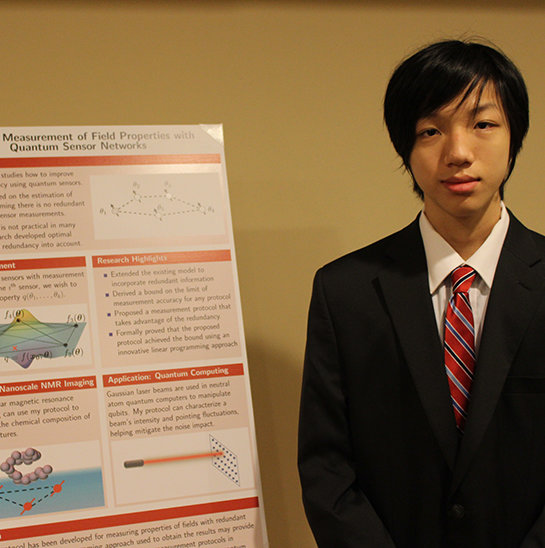Deeper Dive
I have always enjoyed computer science, which naturally led to my interest in quantum computing. However, I was disappointed to learn that quantum computers could not realize their full potential yet due to their many instabilities. Thus, I decided to research in a field that could help potentially mitigate some of the errors in quantum computing: quantum metrology. The field of quantum metrology studies how quantum properties can be used to improve the measurement accuracy of certain physical quantities such as electric or magnetic fields. My research specifically focused on how to optimally measure combinations of fields that are potentially correlated, an important practical situation that hadn’t been studied yet in prior research. After developing a model to account for the potential correlations, I derived an absolute limit on the measurement accuracy that could be achieved. I then designed an optimal protocol that achieved this limit. This optimal protocol provides a better method for measuring the error associated with the laser beams that are used to manipulate the states of quantum computers. With accurate information on the error, we can actively work to correct these errors to achieve more practical quantum computing.
I worked as an intern at the Joint Quantum Institute (JQI) the Joint Center for Quantum Information and Computer Science (QuICS). My mentors at JQI/QuICS supported me throughout the entire research process. Due to the pandemic, all my meetings were virtual. However, the meetings were still extremely helpful, giving me an opportunity to discuss my ideas with my mentors. Throughout the internship, I learned not only how to perform research effectively but also how to communicate my research to others.
Academically, my research introduces a new analysis technique into quantum metrology: using linear programming duality to prove the optimality of a measurement protocol. This technique may lead to further insights into the optimality of both existing and new measurement protocols. My research results also have many practical applications. In addition to improving hardware control in quantum systems, my protocol can help provide accurate magnetic field measurements for the chemical composition analysis of molecular structures as well as aid in medical imaging to obtain information about cells.



